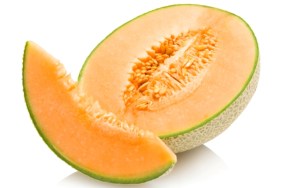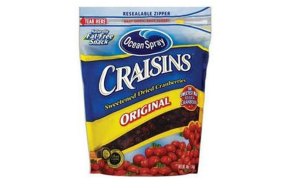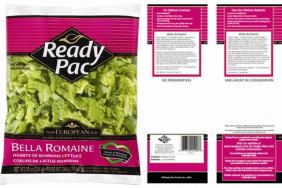Additionally the FDA is also taking steps to insure that these entities have taken appropriate action to notify their customers and to remove the recalled whole cantaloupes from the shelves.
What do you need to know about this recall?
The recalled cantaloupes were shipped from July 29 through September 10, 2011 to the following states: Arizona, Arkansas, California, Colorado, Idaho, Illinois, Kansas, Minnesota, Missouri, Montana, Nebraska, New Jersey, New Mexico, New York, North Carolina, North Dakota, Ohio, Oklahoma, Pennsylvania, South Dakota, Tennessee, Texas, Utah, Virginia, and Wyoming.
What should you do if you have purchased or still possess some of these products?
The FDA advises consumers not to eat the recalled cantaloupes and to throw them away. Do not try to wash the harmful bacteria off the cantaloupe as contamination may be both on the inside and outside of the cantaloupe. Cutting, slicing and dicing may also transfer harmful bacteria from the fruit’s surface to the fruit’s flesh. Listeria can grow at refrigerator temperatures, about 40◦ Fahrenheit (4◦ Celsius). The longer ready-to-eat refrigerated foods are stored in the refrigerator, therefore, under refrigerated conditions, the more opportunity Listeria has to grow.
It is very important that consumers clean their refrigerators and other food preparation surfaces. Consumers should follow these simple steps:
- Wash hands with warm water and soap for at least 20 seconds before and after handling food.
- Wash the inside walls and shelves of the refrigerator, cutting boards and countertops; then sanitize them with a solution of one tablespoon of chlorine bleach to one gallon of hot water; dry with a clean cloth or paper towel that has not been previously used.
- Wipe up spills in the refrigerator immediately and clean the refrigerator regularly.
- Always wash hands with warm water and soap following the cleaning and sanitization process.
Listeriosis is rare, but can be fatal, especially in certain high-risk groups. These groups include older adults, people with compromised immune systems and unborn babies and newborns. In pregnant women, listeriosis can cause miscarriage, stillbirth, and serious illness or death in newborn babies, though the mother herself rarely becomes seriously ill. A person with listeriosis usually has fever and muscle aches. Persons who think they might have become ill should consult their doctor.
For more information on the epidemiologic investigation, please refer to CDC’s Investigation on the Multi-State Listeriosis Outbreak.
The FDA is conducting a root-cause investigation, which includes an environmental assessment, into the multi-state outbreak of listeriosis linked to the recalled whole cantaloupes by Jensen Farms. The FDA is working with its partners, including the State of Colorado, to determine how these recalled whole cantaloupes became contaminated with Listeria.
These types of investigations, in most cases, lead to preventive practices. When the FDA has new information in its investigation, the Agency will share its findings with consumers, industry and other federal, state and local health and regulatory agencies. Please check for future updates regarding this investigation at the FDA website.








